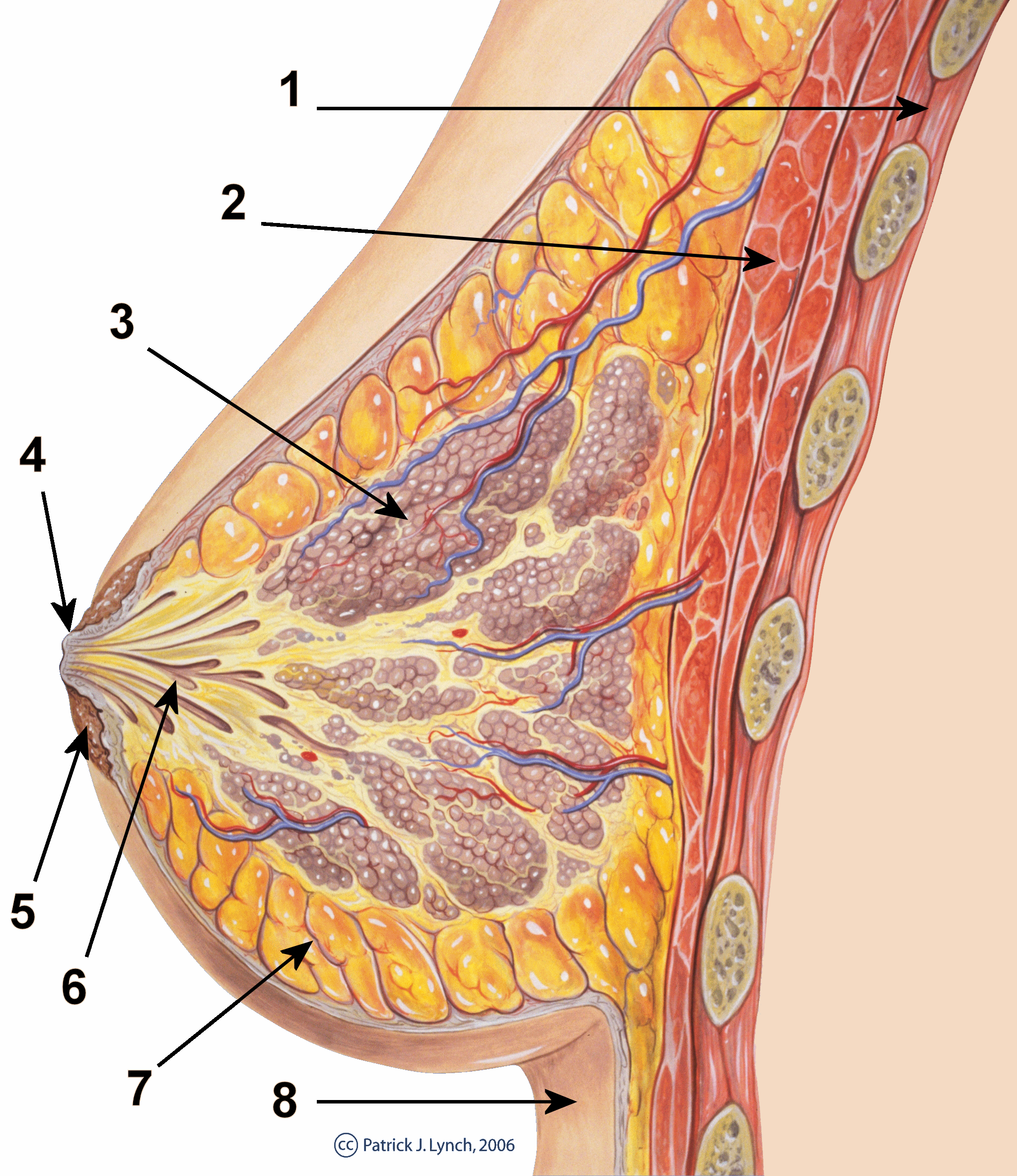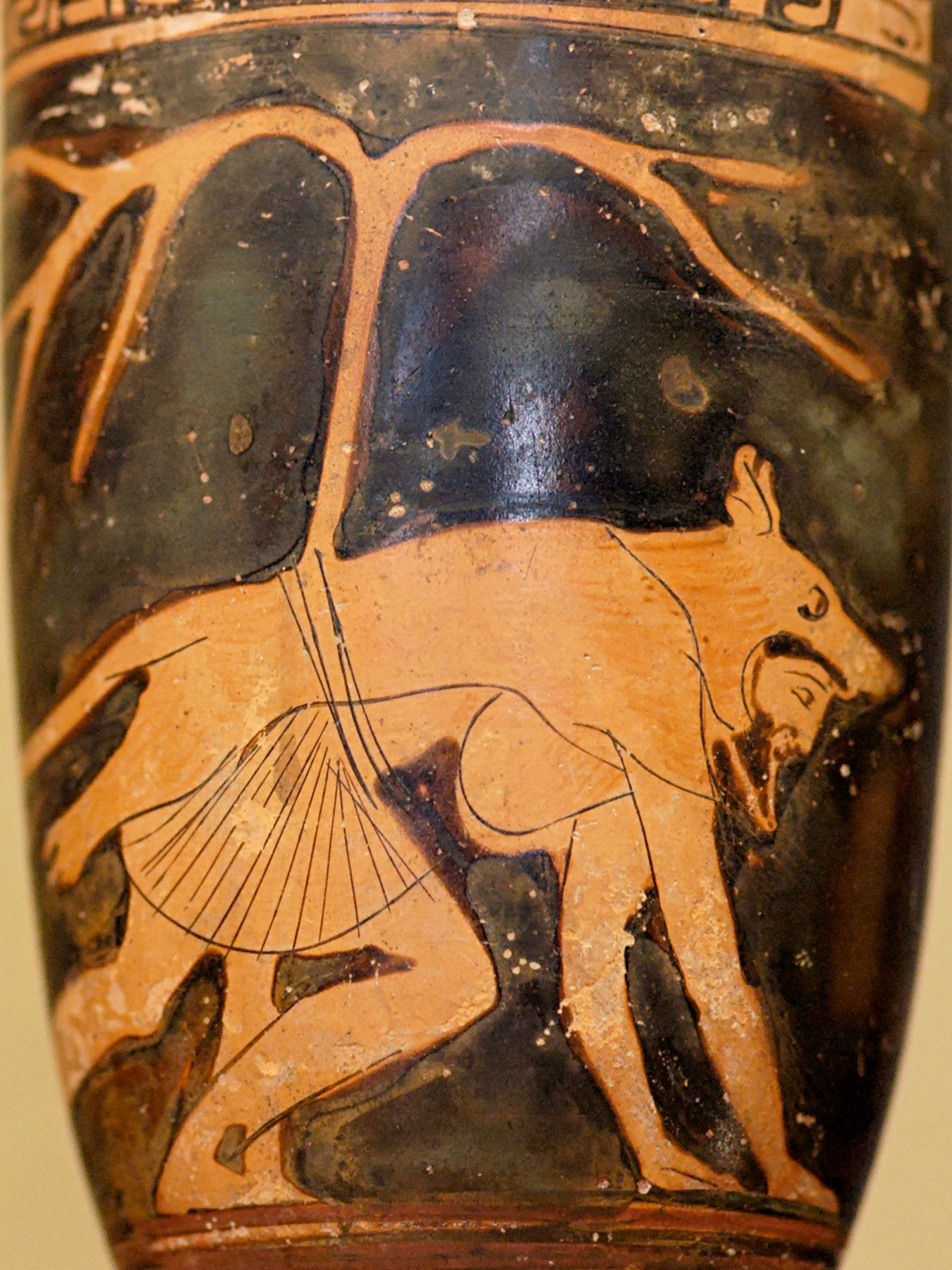|
Boobs (short Story)
"Boobs" is a fantasy short story by Suzy McKee Charnas. It was first published in ''Asimov's Science Fiction'', in July 1989. Synopsis Kelsey Bornstein's classmates bully her because she is the first person their age to grow large breasts. However, instead of menstruating, Kelsey becomes a werewolf. Reception "Boobs" won the 1990 Hugo Award for Best Short Story1990 Hugo Awards at TheHugoAwards.org; retrieved August 7, 2018 and was a finalist for the of 1989.Boobs, by Suzy McKee Cha ... [...More Info...] [...Related Items...] OR: [Wikipedia] [Google] [Baidu] |
Fantasy
Fantasy is a genre of speculative fiction involving Magic (supernatural), magical elements, typically set in a fictional universe and sometimes inspired by mythology and folklore. Its roots are in oral traditions, which then became fantasy literature and drama. From the twentieth century, it has expanded further into various media, including film, television, graphic novels, manga, animations and video games. Fantasy is distinguished from the genres of science fiction and horror fiction, horror by the respective absence of scientific or macabre themes, although these genres overlap. In popular culture, the fantasy genre predominantly features settings that emulate Earth, but with a sense of otherness. In its broadest sense, however, fantasy consists of works by many writers, artists, filmmakers, and musicians from ancient mythology, myths and legends to many recent and popular works. Traits Most fantasy uses magic (paranormal), magic or other supernatural elements as a ma ... [...More Info...] [...Related Items...] OR: [Wikipedia] [Google] [Baidu] |
Suzy McKee Charnas
Suzy McKee Charnas (October 22, 1939 – January 2, 2023) was an American novelist and short story writer, writing primarily in the genres of science fiction and fantasy. She won several awards for her fiction, including the Hugo Award, the Nebula Award and the James Tiptree Jr. Award. A selection of her short fiction was collected in '' Stagestruck Vampires and Other Phantasms'' in 2004. '' The Holdfast Chronicles'', a four-volume story written over the course of almost thirty years (the first installment, '' Walk to the End of the World'' was published in 1974, and the last installment, '' The Conqueror's Child'' was published in 1999) was considered to be her major accomplishment in writing. The series addressed the topics of feminist dystopia, separatist societies, war, and reintegration. Another of her major works, '' The Vampire Tapestry'', has been adapted (by Charnas herself) into a play called " Vampire Dreams". Life Suzy McKee Charnas was born in Manhattan to two pr ... [...More Info...] [...Related Items...] OR: [Wikipedia] [Google] [Baidu] |
Asimov's Science Fiction
''Asimov's Science Fiction'' is an American science fiction magazine which publishes science fiction and fantasy named after science fiction author Isaac Asimov. It is currently published by Penny Publications. From January 2017, the publication frequency is bimonthly (six issues per year). Circulation in 2012 was 22,593, as reported in the annual ''Locus Magazine survey. History ''Asimov's Science Fiction'' began life as the digest-sized ''Isaac Asimov's Science Fiction Magazine'' (or ''IASFM'' for short) in 1977. Joel Davis of Davis Publications approached Asimov to lend his name to a new science fiction magazine, after the fashion of ''Ellery Queen's Mystery Magazine'' or ''Alfred Hitchcock's Mystery Magazine''. Asimov refused to act as editor, but served instead as editorial director, writing editorials and replying to reader mail until his death in 1992. At Asimov's request George Scithers, the first editor, negotiated an acquisitions contract with the Science Fiction Writ ... [...More Info...] [...Related Items...] OR: [Wikipedia] [Google] [Baidu] |
Breast
The breast is one of two prominences located on the upper ventral region of a primate's torso. Both females and males develop breasts from the same embryological tissues. In females, it serves as the mammary gland, which produces and secretes milk to feed infants. Subcutaneous fat covers and envelops a network of ducts that converge on the nipple, and these tissues give the breast its size and shape. At the ends of the ducts are lobules, or clusters of alveoli, where milk is produced and stored in response to hormonal signals. During pregnancy, the breast responds to a complex interaction of hormones, including estrogens, progesterone, and prolactin, that mediate the completion of its development, namely lobuloalveolar maturation, in preparation of lactation and breastfeeding. Humans are the only animals with permanent breasts. At puberty, estrogens, in conjunction with growth hormone, cause permanent breast growth in female humans. This happens only to a much lesser ... [...More Info...] [...Related Items...] OR: [Wikipedia] [Google] [Baidu] |
Menstruation
Menstruation (also known as a period, among other colloquial terms) is the regular discharge of blood and mucosal tissue from the inner lining of the uterus through the vagina. The menstrual cycle is characterized by the rise and fall of hormones. Menstruation is triggered by falling progesterone levels and is a sign that pregnancy has not occurred. The first period, a point in time known as menarche, usually begins between the ages of 12 and 15. Menstruation starting as young as 8 years would still be considered normal. The average age of the first period is generally later in the developing world, and earlier in the developed world. The typical length of time between the first day of one period and the first day of the next is 21 to 45 days in young women. In adults, the range is between 21 and 31 days with the average being 28 days. Bleeding usually lasts around 2 to 7 days. Periods stop during pregnancy and typically do not resume during the initial months of breastfeed ... [...More Info...] [...Related Items...] OR: [Wikipedia] [Google] [Baidu] |
Werewolf
In folklore, a werewolf (), or occasionally lycanthrope (; ; uk, Вовкулака, Vovkulaka), is an individual that can shapeshift into a wolf (or, especially in modern film, a therianthropic hybrid wolf-like creature), either purposely or after being placed under a curse or affliction (often a bite or the occasional scratch from another werewolf) with the transformations occurring on the night of a full moon. Early sources for belief in this ability or affliction, called lycanthropy (), are Petronius (27–66) and Gervase of Tilbury (1150–1228). The werewolf is a widespread concept in European folklore, existing in many variants, which are related by a common development of a Christian interpretation of underlying European folklore developed during the Christendom, medieval period. From the early modern period, werewolf beliefs also spread to the New World with colonialism. Belief in werewolves developed in parallel to the belief in European witchcraft, witches, in the ... [...More Info...] [...Related Items...] OR: [Wikipedia] [Google] [Baidu] |
Hugo Award For Best Short Story
The Hugo Award for Best Short Story is one of the Hugo Awards given each year for science fiction or fantasy stories published or translated into English during the previous calendar year. The short story award is available for works of fiction of fewer than 7,500 words; awards are also given out for pieces of longer lengths in the novelette, novella, and novel categories. The Hugo Awards have been described as "a fine showcase for speculative fiction" and "the best known literary award for science fiction writing". The Hugo Award for Best Short Story has been awarded annually since 1955, except in 1957. The award was titled "Best Short Fiction" rather than "Best Short Story" in 1960–1966. During this time no Novelette category was awarded and the Novella category had not yet been established; the award was defined only as a work "of less than novel length" that was not published as a stand-alone book. In addition to the regular Hugo awards, beginning in 1996 Retrospective H ... [...More Info...] [...Related Items...] OR: [Wikipedia] [Google] [Baidu] |
Nebula Award For Best Short Story
The Nebula Award for Best Short Story is a literary award assigned each year by Science Fiction and Fantasy Writers of America (SFWA) for science fiction or fantasy short stories. A work of fiction is defined by the organization as a short story if it is less than 7,500 words; awards are also given out for longer works in the categories of novel, novella, and novelette. To be eligible for Nebula Award consideration a short story must be published in English in the United States. Works published in English elsewhere in the world are also eligible provided they are released on either a website or in an electronic edition. The Nebula Award for Best Short Story has been awarded annually since 1966. The award has been described as one of "the most important of the American science fiction awards" and "the science-fiction and fantasy equivalent" of the Emmy Awards. Nebula Award nominees and winners are chosen by members of SFWA, though the authors of the nominees do not need to be ... [...More Info...] [...Related Items...] OR: [Wikipedia] [Google] [Baidu] |
Science Fiction Writers Of America
The Science Fiction and Fantasy Writers of America, doing business as Science Fiction and Fantasy Writers Association, commonly known as SFWA ( or ) is a nonprofit 501(c)(3) organization of professional science fiction and fantasy writers. While SFWA is based in the United States, its membership is open to writers worldwide. The organization was founded in 1965 by Damon Knight under the name Science Fiction Writers of America. The president of SFWA as of July 1, 2021 is Jeffe Kennedy. As of 2022, SFWA has about 2,300 members worldwide. Active SFWA members may vote for the Nebula Awards, one of the principal English-language science fiction awards. Mission SFWA informs, supports, promotes, defends and advocates for its members. SFWA activities include informing science fiction and fantasy writers on professional matters, protecting their interests, 26 (4): 40. and helping them deal effectively with agents, editors, anthologists, and producers in print and non-print media; 26 (4) ... [...More Info...] [...Related Items...] OR: [Wikipedia] [Google] [Baidu] |
DePauw University
DePauw University is a private liberal arts university in Greencastle, Indiana. It has an enrollment of 1,972 students. The school has a Methodist heritage and was originally known as Indiana Asbury University. DePauw is a member of both the Great Lakes Colleges Association and the North Coast Athletic Conference. The Society of Professional Journalists was founded at DePauw. History Indiana Asbury University was founded in 1837 in Greencastle, Indiana, and was named after Francis Asbury, the first American bishop of the Methodist Episcopal Church. The people of Greencastle raised $25,000 to entice the Methodists to establish the college in Greencastle, which was little more than a village at the time. It was originally established as an all-men's school but began admitting women in 1867. In 1884 Indiana Asbury University changed its name to DePauw University in honor of Washington C. DePauw, who made a sequence of substantial donations throughout the 1870s, which culmina ... [...More Info...] [...Related Items...] OR: [Wikipedia] [Google] [Baidu] |
Werewolf Written Fiction
In folklore, a werewolf (), or occasionally lycanthrope (; ; uk, Вовкулака, Vovkulaka), is an individual that can shapeshift into a wolf (or, especially in modern film, a therianthropic hybrid wolf-like creature), either purposely or after being placed under a curse or affliction (often a bite or the occasional scratch from another werewolf) with the transformations occurring on the night of a full moon. Early sources for belief in this ability or affliction, called lycanthropy (), are Petronius (27–66) and Gervase of Tilbury (1150–1228). The werewolf is a widespread concept in European folklore, existing in many variants, which are related by a common development of a Christian interpretation of underlying European folklore developed during the medieval period. From the early modern period, werewolf beliefs also spread to the New World with colonialism. Belief in werewolves developed in parallel to the belief in witches, in the course of the Late Middle Ages and ... [...More Info...] [...Related Items...] OR: [Wikipedia] [Google] [Baidu] |
Hugo Award For Best Short Story Winning Works
Hugo or HUGO may refer to: Arts and entertainment * ''Hugo'' (film), a 2011 film directed by Martin Scorsese * Hugo Award, a science fiction and fantasy award named after Hugo Gernsback * Hugo (franchise), a children's media franchise based on a troll ** ''Hugo'' (game show), a television show that first ran from 1990 to 1995 ** ''Hugo'' (video game), several video games released between 1991 and 2000 * ''Hugo'' (stylised as ''hugo''), a 2022 album by British rapper Loyle Carner People and fictional characters * Victor Hugo, a French poet, novelist, and dramatist of the Romantic movement. * Hugo (name), including lists of people with Hugo as a given name or surname, as well as fictional characters * Hugo (musician), Thai-American actor and singer-songwriter Chulachak Chakrabongse (born 1981) Places in the United States * Hugo, Alabama, an unincorporated community * Hugo, Colorado, a Statutory Town * Hugo, Minnesota, a town * Hugo, Missouri, an unincorporated community * Hugo, ... [...More Info...] [...Related Items...] OR: [Wikipedia] [Google] [Baidu] |
_(14730388126).jpg)




